Bacteria in Our Gut Affects HIV -- Is There a Solution?
Across our bodies -- on our skin, in our mouth and nose, inside our intestines, on our genitalia, and in other places -- colonies of microorganisms flourish. We call these colonies of bacteria, viruses and fungi that live in and on our bodies the microbiota, or the microbiome. The largest microbiome colony lives in our gastrointestinal tract -- our gut -- and in healthy people, helps us do things like digest carbohydrates, produce vitamins and prevent harmful pathogens from flourishing. When there's a disruption to our gut microbiome, problems can arise.
Now, researchers are investigating how HIV and the microbiome are linked. At CROI 2016, and at a recent San Francisco General Hospital HIV Grand Rounds presentation, research was presented about how HIV and other things change the gut microbiome -- and if things like fecal microbial transplantation and probiotics can make it healthy again.

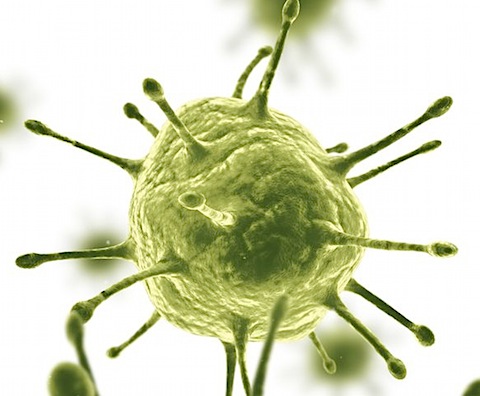

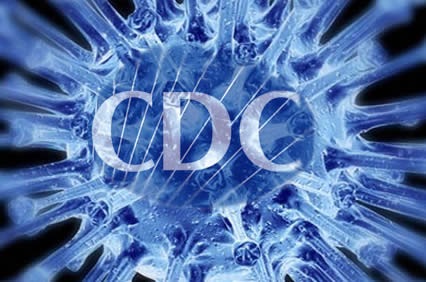
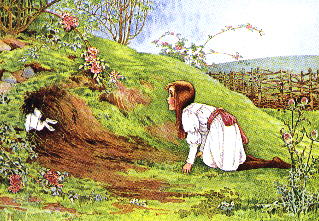

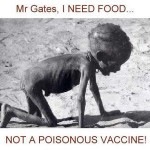
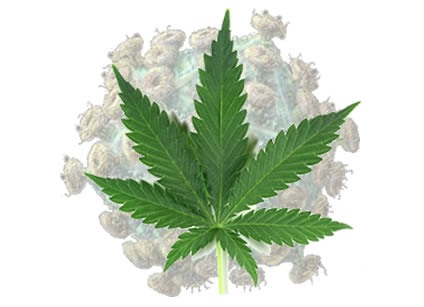





Recent Comments